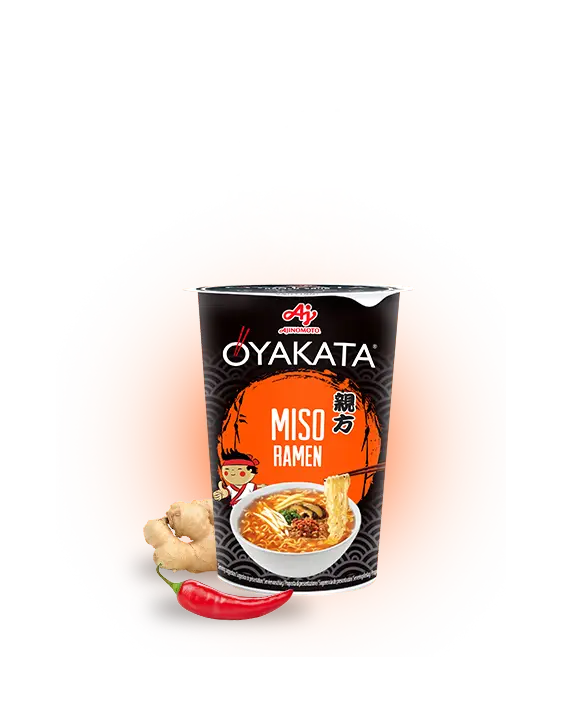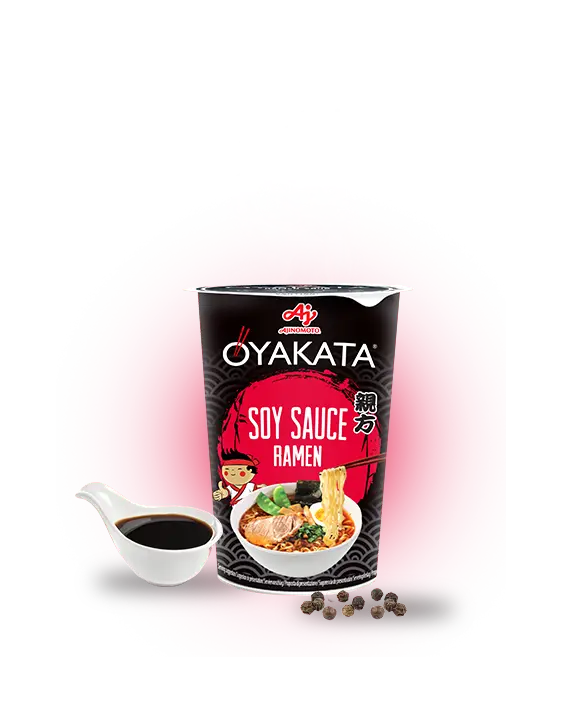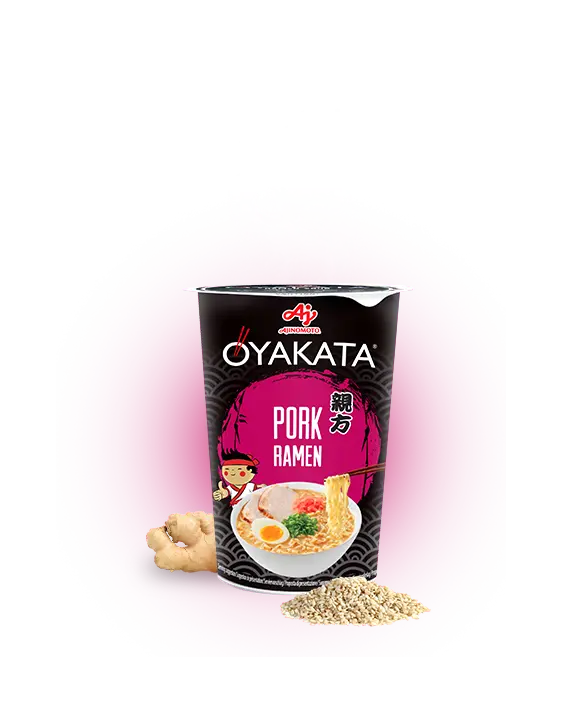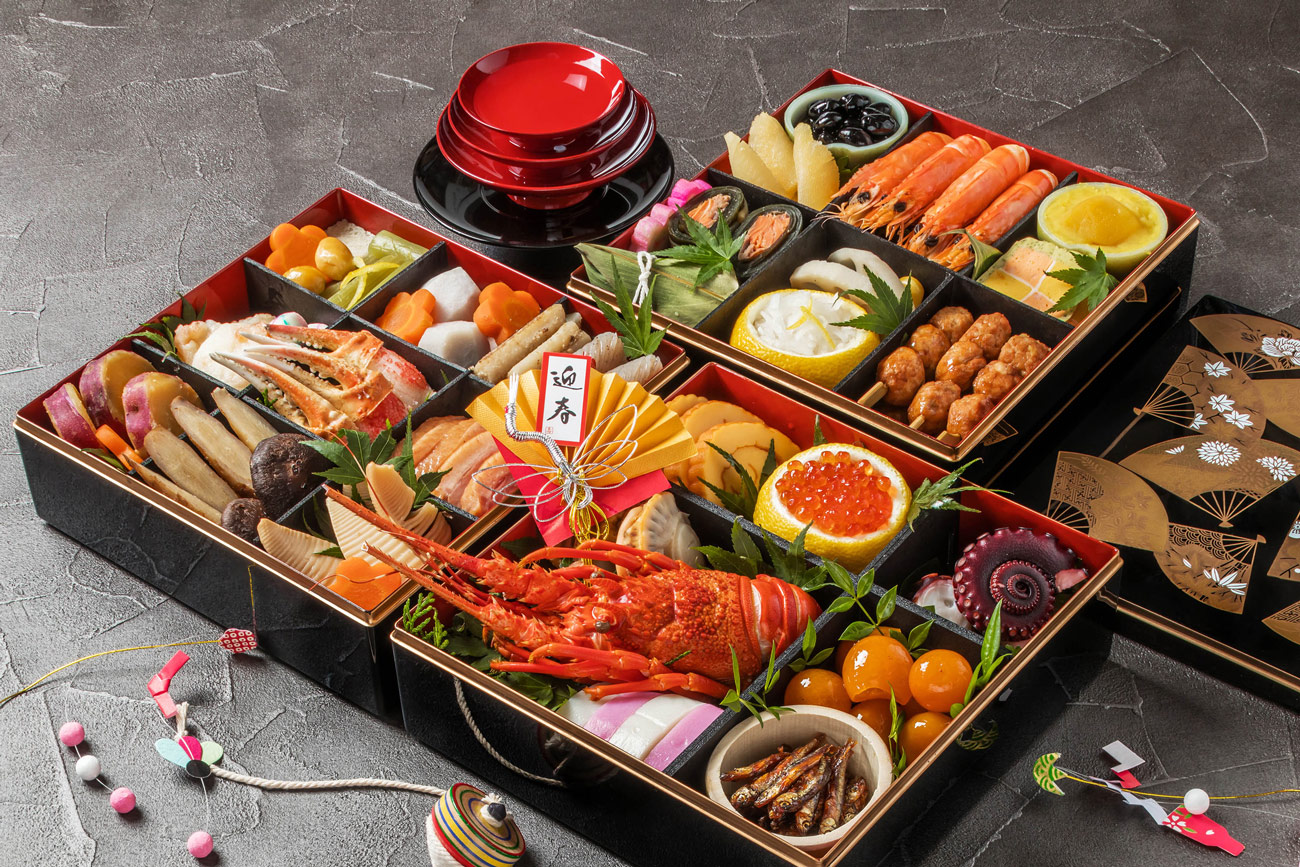

MASTER'S BOOK
JAPANESE-STYLE FISH. TOP FISH DISHES
Japanese fish dishes
Fish make up for a large proportion of food eaten by the Japanese. Japan is estimated to consume more fish and seafood than any other country. The average Japanese eats 27 kilogrammes of seafood a year. The Japanese appetite for fish is a cause of concern of ecologists, as the natural amount of creatures living in the oceans may drastically decrease due to constant fishing. In Japan, fish are eaten cold and hot, and with soups, vegetables or tempura. Japan’s most popular fish meals include:
– Nizakana: fish dipped in a sweet soy sauce (also listed as nitsuke in menus).
– Sashimi: raw, thinly sliced fish served with soy sauce and simple garnishes, such as wasabi.
– Fugu: pieces of pufferfish, which can be poisonous (even lethally). Unique for Japanese cuisine, fugu can only be prepared by licensed chefs.
– Tataki: raw or very rare tuna steak, seared on the inside or slices of raw fish (sardines, mackerel), served with garlic paste, onion and ginger.
– Tsukudani: very small fish or crustaceans served with seaweed, simmered in sweet soy sauce.
– Himono: dried fish, often aji (the Japanese horse mackerel), traditionally served for breakfast with rice, miso soup and pickles.
– Yakimono: dishes from fish, seafood, chicken or meat that are grilled on a skewer or cooked over charcoal.
– Nanbanzuke: unique Japanese fish dish made from wakasagi or mackerel, which is fried and then marinated in vinegar and other ingredients.
Japanese-style fish
There are many variants of the popular Japanese-style fish recipe. The dish can be made sweet and served hot or cold. Since Asian cuisine offers a different taste experience than Western cuisine, fish made Japanese style is distinctly more intense than in the traditional Greek-style fish recipe known in Poland. The oriental version uses peppers and vinegar pickles.
Fish and Japanese cuisine
Japanese cuisine features a number of exotic dishes that cannot be found in European restaurants. The unique fish dishes served in Japan include the male counterpart to caviar, seafood eaten “alive”, whale meat, flying fish, monkfish, and even jellyfish. Gourmets who are keen on seafood will certainly find plenty of options to suit their tastes in Japanese cuisine.


















